 After a brief but torrential thunderstorm in mid-June, eight writers of poetry and prose, myself included, huddled around a picnic table crowded with three-buck beer and leaves of printed-out poems, stories, and essays in the concrete garden of a Brooklyn bar. It had been almost a year since I'd taken a seat at a table with other writers to talk about the stuff, the meat of our writing—inspirations, obsessions, discoveries—and the project at hand every time each of us settles in to confront the blank page. All of us had spent an intense two years together at the MFA program at Sarah Lawrence College, a small liberal arts school nestled in woody Bronxville, north of New York City. Many of us had migrated to the city after graduation, and while we saw one another often enough, touching base at parties and readings, our writing lives had become privatized, with only the most dramatic aspects—I haven't been excited by a word in three months! My thesis is moldering!—shared among us. So, about thirteen months after graduating, a group of friends and I, guided by our assiduous organizer, Hossannah Asuncion, decided to create a new program in order to reestablish the connection that the MFA experience had provided. We would get together once a month to check in with one another, warm ourselves up with a few brief free-writes, and discuss a predetermined topic on which we had all read a few essays before meeting. We could also bring works-in-progress to share, though workshop-style critiquing would not be on the agenda—our gatherings would celebrate our writing as art, and our work as artists.
After a brief but torrential thunderstorm in mid-June, eight writers of poetry and prose, myself included, huddled around a picnic table crowded with three-buck beer and leaves of printed-out poems, stories, and essays in the concrete garden of a Brooklyn bar. It had been almost a year since I'd taken a seat at a table with other writers to talk about the stuff, the meat of our writing—inspirations, obsessions, discoveries—and the project at hand every time each of us settles in to confront the blank page. All of us had spent an intense two years together at the MFA program at Sarah Lawrence College, a small liberal arts school nestled in woody Bronxville, north of New York City. Many of us had migrated to the city after graduation, and while we saw one another often enough, touching base at parties and readings, our writing lives had become privatized, with only the most dramatic aspects—I haven't been excited by a word in three months! My thesis is moldering!—shared among us. So, about thirteen months after graduating, a group of friends and I, guided by our assiduous organizer, Hossannah Asuncion, decided to create a new program in order to reestablish the connection that the MFA experience had provided. We would get together once a month to check in with one another, warm ourselves up with a few brief free-writes, and discuss a predetermined topic on which we had all read a few essays before meeting. We could also bring works-in-progress to share, though workshop-style critiquing would not be on the agenda—our gatherings would celebrate our writing as art, and our work as artists. Perhaps the shocking burst of rain was an apt metaphor for the two brief years we'd been ensconced in, and saturated by, a lively stream of words. The way whole days of digging in to work felt like a deluge after which the world often shone. The way words became new again in the voice of a classmate, and how the dross would be purged by the workshop process, revealing the tender bones and pulse of a piece. A creative writing program had offered to many of us an ideal experience—and then it was over. Of course, a workshop-heavy curriculum can have debilitating effects as well: Participants can tire of their work's being scrutinized in its infancy; differences in critical approaches can stifle discussion; and the compounded anxieties of the final semester can weigh on relationships, especially as solitary time to write becomes precious and staunchly defended. I'm sure the capacity for inducing this exhaustion informs our universities' having limited the MFA track to two or three years. After a while we're inundated and need to move out on our own. But writing programs don't tend to teach the skill set required to work fruitfully—and joyfully—beyond their gilt walls.
The MFA experience does not necessarily prepare us to be writers in the world. Our time as students is set apart as a sacrosanct period during which we perform the very important work of honing and polishing our craft, but little guidance is given as to how we might preserve that sacred lifestyle (as well as the more profane, yet necessary, moments of criticism and editing) once outside the bubble. On the other hand, no one could have told us then that our devotions would flag and that distractions—such as earning a living and making our way in the world—would threaten to prevent us from writing altogether.
This is not to say that constant connection to a writing community is necessary, or even entirely healthy. Once I'd successfully cast off those workshops and conferences, a momentary sense of liberation washed over me. When my thesis crossed over into the hands of my advisers, I was immediately walloped by a profound exhaustion, and there was freedom in that fatigue. I needed a break from the intensity of the MFA experience—from workshops, and even from writing. The project I had immersed myself in for two years (at times a desperate, sinking immersion) had worn me out, and I required some time to let the omnipresent criticism, however sparkling or seductively constructive, settle within me. It was like recovery after a marathon, when my legs were ripped and clunky and I needed to cross-train for a while, to teach myself how to move again. But the respite from writing and talking about writing soon devolved into a drab routine. Instead of slowly starting over, I had let myself stiffen, and the loss of my teammates—and our shared field—made the process of resuming the race profoundly difficult.
Excuses abounded. At first, no amount of time seemed long enough to sit and work, and when I'd attempt to write in short spurts, the words danced only on the surface of ideas and questions. Sometimes language simply felt inert. I often had the sense that I was playing with plastic blocks rather than textured, living things. Some pleasure had seeped out of the project of making art with words—a joy that I have discovered came from sharing both my poetry and the process of writing it. While I can't say this perception was common to all my peers, it seems that each of us has experienced an occasion—however extended—of craving community.
In Asuncion's experience, it has been a struggle to continue the writer's life after leaving an MFA program. In a society that often diminishes the value of the written word, students of fine writing can find their ventures trivialized as flighty or idealistic. "More often than not, I feel like the world is telling me that doing an MFA program was a bad decision," she says. "And more often than not, I'm like, ‘Yeah, time to start studying for the LSATs.'"
"I often feel stuck in my writing life," fellow salon member Rena Priest recently told me. "I have long patches of time where nothing I write is satisfying to me, and I have periods where nothing I read is resonating. When I am with other writers talking about writing and all the triumphs and struggles it involves, the ennui recedes." For Hila Ratzabi, another member of our group, connecting with other writers forces her to think about writing and to return it to the forefront of her mind where it belongs—but from which it can quietly slip as the static of the world interferes with our creative frequencies. "Thinking and talking about writing are not the same as writing, but having a community where it's safe to say, ‘I haven't written in months, and it sucks, but here's who I read when I can't write' is a blessing," Ratzabi says.
Without the meeting of friends and colleagues to help reframe myself in my project—and in the living portrait of us all doing this work together—writing began to feel like a secret game of limited consequence. I felt as if my contributions to anything larger than myself were nil. In fact, at our second salon, the question was posed, "To whom do you write?" For several months, I noticed, I had been writing primarily to words themselves, fiddling with language with nothing much at stake. My work on the page was reflective of my practice: scrawling on the train or for a few minutes at lunchtime, or making mental notes while running. I didn't feel I had an audience, and, curiously, my writing had even receded from conversation with my imaginary listeners, Dickinson and Stein among them. During my time at graduate school, the writing process itself had induced an exceptional sense of accomplishment, a purposefulness that comes from knowing that one is doing the work that one is supposed to be doing.
At times, the validation that we achieve through being and acting—in this case, writing—genuinely wavers, and we are compelled to look to one another not for appraisal but for support. Asuncion, who had rounded us up with the aid of a Google group she and others had created for Sarah Lawrence MFA alums, was inspired to start the salon by a similar series of gatherings she'd been attending that had been organized by Kundiman, the Asian American poets organization, whose members began running informal salons in January. She experienced the salon format as more of a generative field than an editing session for pieces in assorted stages of existence. Asuncion herself has written several pieces this year as a result of short salon exercises. For our group, exercises have ranged from creating a portrait based on a character we frequently noticed at our meeting spot—the mustachioed fellow leaning over his Belgian ale doesn't know how many weird narratives were spun about him—to drafting radical rewrites of work we'd each brought to the table. But most central to the salon, and for me its most vital aspect, is topical discussion.
I have always thrived in arenas that celebrate and engage ideas in all their intricacy and malleability, particularly ideas relating to perceptions of language. While not all classrooms are equally conducive to such vigorous exploration, the MFA roundtable at which I participated provided such a space and, ultimately, fed my writing. The salon reinvigorated that part of me that had been too easily neglected after leaving school, quelled by the seeming urgency of daily routines and pursuits unrelated to writing. In several of our conversations we've discussed how we can each create a space, physical and mental, where writing matters and can thrive after the intensity of the MFA experience. I've found that before establishing that room of one's own, separate from the mesh of the world, one needs to acknowledge that each of us is not alone in our endeavor; we are part of both a tradition and a living multitude of others.
As the very act of coming together on equal terms for a salon has reminded us that we are not isolated as writers, the material of our discourse has illuminated the fact that, despite having distinct styles and drives, we share a mutual human project. For discussion during our second meeting, Asuncion chose two essays on spirituality: Federico García Lorca's 1933 lecture "Theory and Play of the Duende" and Fanny Howe's "A Leaf on the Half-Shadow," published in the journal English Language Notes in 2006. These works stimulated a conversation that took off from group members' personal accounts of having sensed attunement to the spiritual while engaged in the process of writing—feeling the pull of flow, not knowing from where words were arriving; being moored in a mind state so lush and tangible, but beyond the realm of the known; approaching meditative clarity while working. My most gratifying writing hasn't been fed by my head, but by a universal, oceanic "something" exterior to ego. Without clear language to discuss phenomena such as this, experiences can feel ephemeral, or even inconsequential. But gathering with a group that understands and empathizes with the challenges posed by the shifting creative mind, and the elations that arise from meeting those challenges, I see that the importance of my work becomes more resonant.
In her essay "Survival in Two Worlds at Once: Federico García Lorca and Duende," Tracy K. Smith writes, "There are two worlds that exist together, and there is one that pushes against the other, that claims the other doesn't, or need not, exist." She refers to the capacity of duende, or the dark spirit (which some in our salon group perceived as death itself, the palpable movement of our own mortality within us), to both pull us toward and repel us from what some might call a higher state, a vaster consciousness, a discovery. In some ways, our lives outside of writing facilitate that centrifugal pushing away, and as I and many of my compatriots have found, a community that validates the opposite—a fearless movement toward the dark other—encourages the writing to approach those uncomfortable places. Talking about the act of writing has helped each of us to realize how much that wilder world does need to exist, and to negotiate its importance in our lives.
According to that Psych 101 standard, Abraham Maslow's hierarchy of needs, when certain basic human requirements are met, our minds are free to explore more philosophical realms. Granted, as graduate students none of us was living a plush life, but we were able to focus less on the minutiae of survival and ego-driven pursuits (notwithstanding the occasional lovesick breakdown or ravenous scavenge for leftovers after a school event) and more on larger pursuits. There was art to be served, and it was our one and only job to serve it. In some respect, many of us joined an MFA program believing that if we wanted our writing to evolve from the fruit of our labor into art, it had to enter the public realm. It had to take a place at the table and enter into discourse with all of the other works that have been and continue to be written. While submitting pieces for publication and seeking opportunities to read remain excellent means of propelling the work into the world, nothing beats offering the tiny body of a poem or story to the live hands of a reader, or feeling that your quietest, most shuttered of lives is in conversation with another. Our postprogram salon has offered us not only a lively arena for sharing our writing with others, but, more important, it's given us a renewed opportunity to share our writing selves with a community of kindred minds each encountering distinct but similar challenges, as emerging artists in the wider world.
--
Send us a glimpse of your post-MFA story: your toughest—or brightest—transitioning moment, the virtues and vices of your program in retrospect, or a way you found to keep your community solid. Include "Post-MFA Story" in the subject line of an e-mail to editor@pw.org.
Jean Hartig is the editorial assistant of Poets & Writers Magazine. Her chapbook, Ave, Materia, won the Poetry Society of America's New York City Chapbook Contest and is forthcoming in 2009.























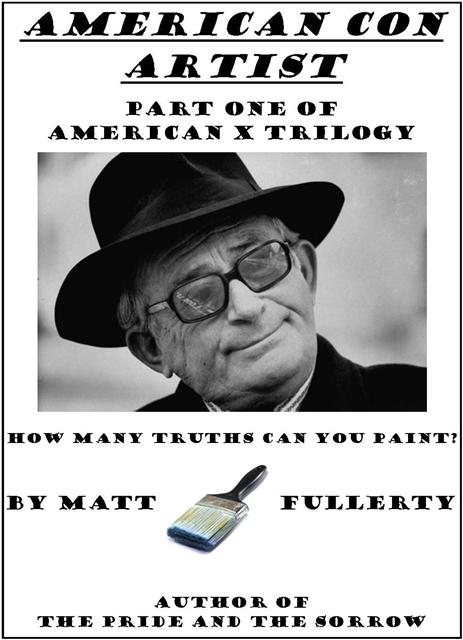cropped.jpg)
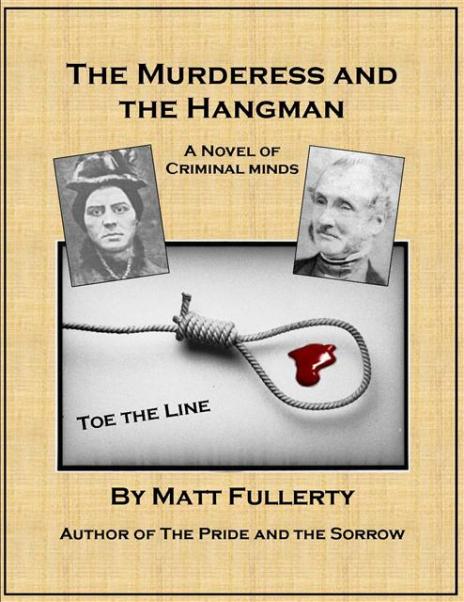.jpg)
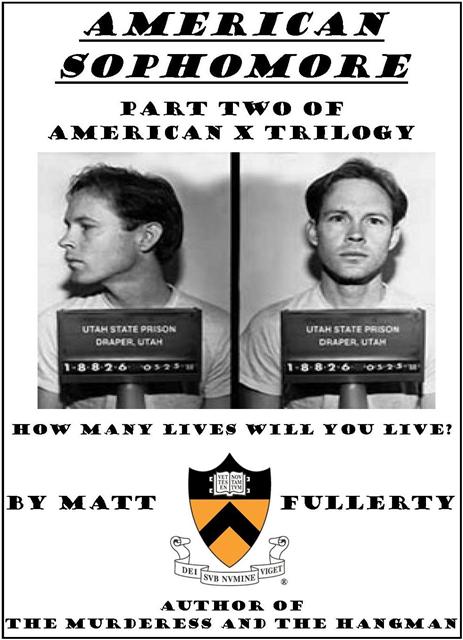cropped.jpg)
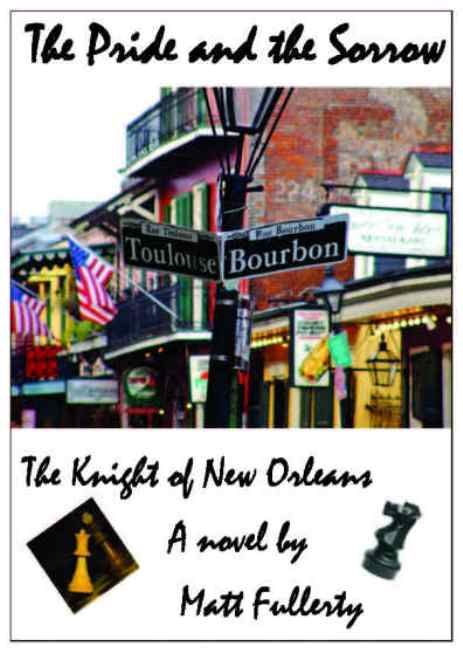2.jpg)
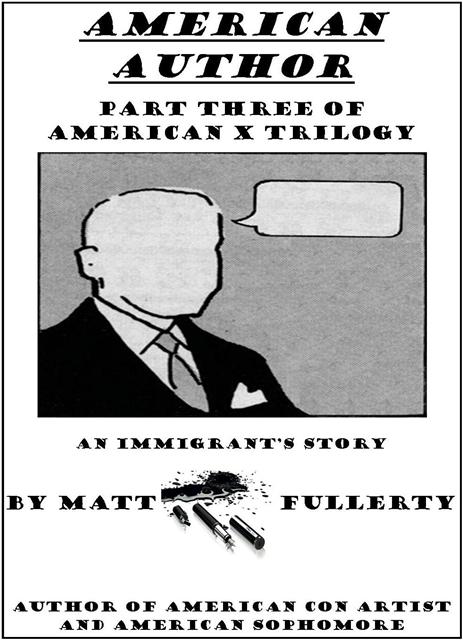Cropped.jpg)
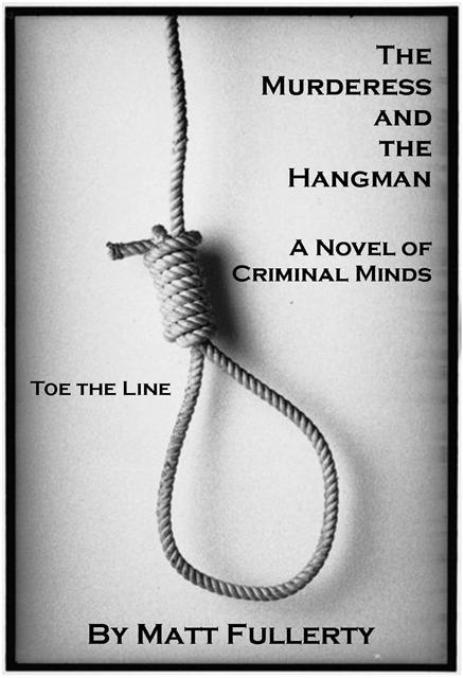cropped.jpg)
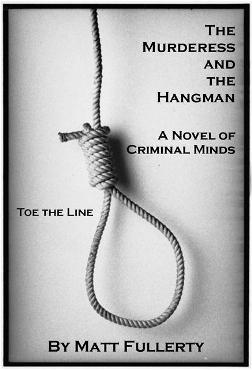4.jpg)


Showing first 50 comments | Go to all comments | Go to latest comment